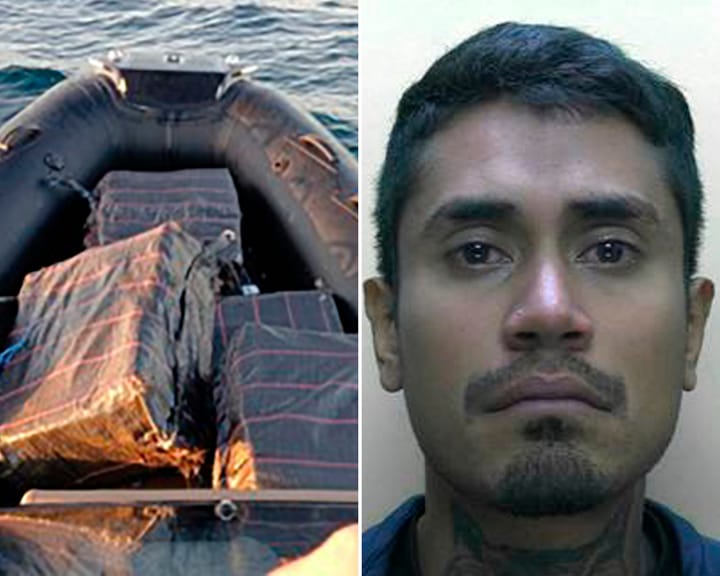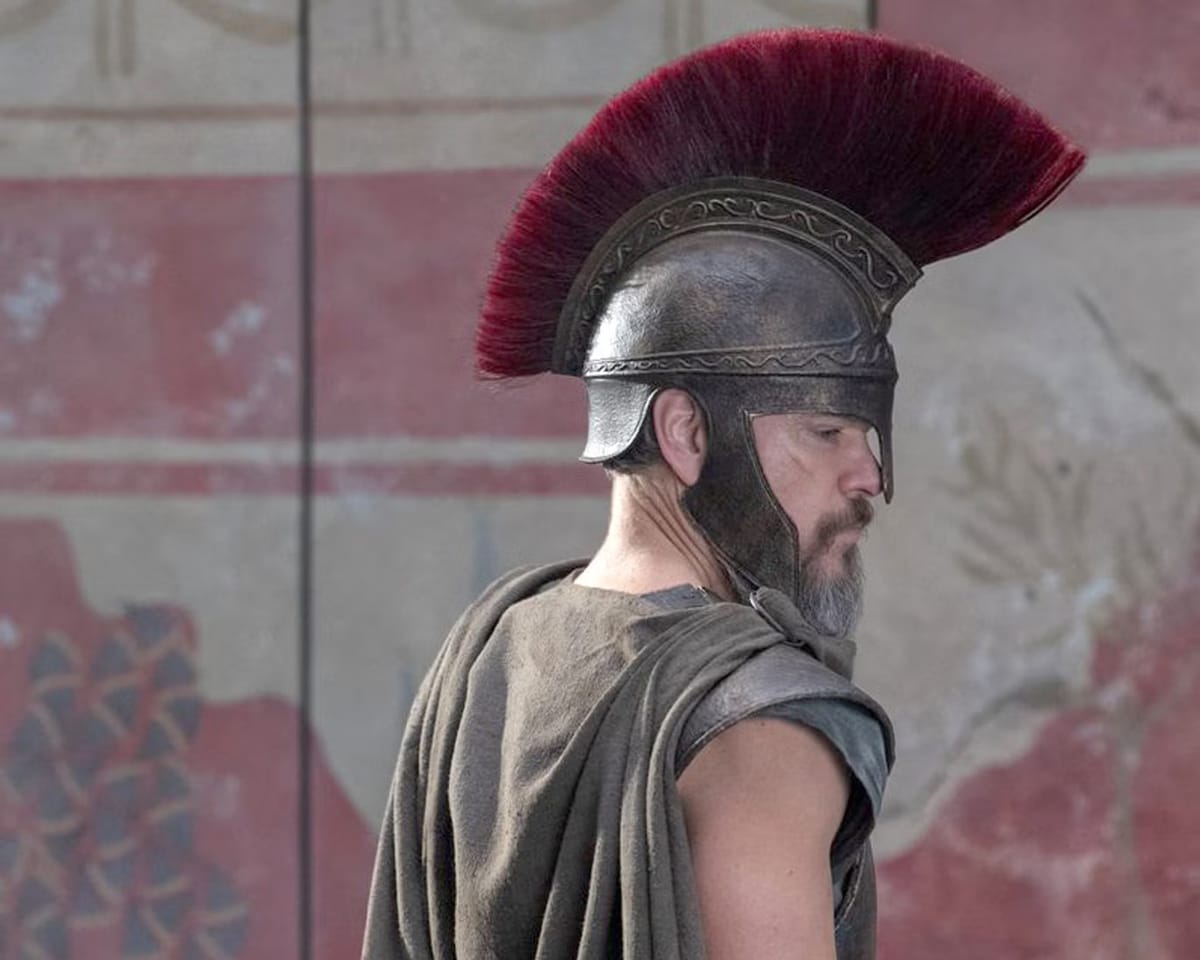The organizers of the Western Sahara international film festival (FiSahara) have expressed concerns over Christopher Nolan’s decision to shoot part of his adaptation of *The Odyssey* in a Western Saharan city under Moroccan control for decades, arguing it risks legitimizing years of oppression.
The British-American director’s rendition of Homer’s epic, featuring actors such as Matt Damon, Charlize Theron, Zendaya, Lupita Nyong’o, and Anne Hathaway, is set for release on 17 July 2026.
The film, supported by Universal, is described as a global-spanning action epic captured with new large-format film technology. However, the choice to film in Dakhla, a disputed coastal city in Western Sahara, has drawn sharp criticism from Sahrawi activists and those displaced since Morocco took control of the region following Spain’s withdrawal in 1976.
Western Sahara is recognized by the UN as a “non-self-governing territory.” A recent UN report highlighted that human rights monitors have been denied entry since 2015, with continuing allegations of abuses, including suppression of dissent among those advocating for self-determination.
Reports from human rights organizations indicate ongoing restrictions on freedoms in Western Sahara, with journalists facing severe risks, including detention and persecution.
Recently, the UK indicated support for a proposal allowing Western Sahara limited autonomy under Moroccan oversight.
FiSahara organizers argue that Nolan’s production in Dakhla unintentionally reinforces Morocco’s control while overshadowing the plight of Sahrawi residents living under occupation.
Festival representatives acknowledged Dakhla’s scenic appeal but emphasized its status as an occupied and heavily militarized area where indigenous populations endure repression.
“By filming in an occupied territory, Nolan’s team may unknowingly contribute to the normalization of an oppressive situation,” said María Carrión, FiSahara’s executive director. “We believe that if the full consequences were understood, they might reconsider.”
Read next

"Softball booms in Brazilian city as Cuban migrants surpass Venezuelans for the first time"
Roberto Hernández Tello, 59, originally from Camagüey, Cuba, had hoped to reach the United States for a better future. But due to stricter immigration policies under the previous U.S. administration, he found himself in Curitiba, southern Brazil, thousands of miles from home.
Like him, many Cubans have recently arrived

"Public asked to aid in catching drug gangs using 'mother ships' near UK shores"
Police Ask Coastal Residents to Aid in Combating Drug Smuggling
Authorities have called on residents of coastal areas in the UK to assist in disrupting criminal groups that are employing increasingly creative tactics to bring large amounts of cocaine into the country.
Officials have noted a rise in “at-sea drop-offs”

"Germany's historic largest gay nightclub files for bankruptcy"
Germany’s longest-running and largest LGBTQ+ dance venue has filed for bankruptcy after operating for nearly 50 years, succumbing to financial pressures and shifting trends in Berlin’s nightlife.
Internal challenges and the rise of dating apps contributed to SchwuZ’s difficulties over the past year. In May, the venue

